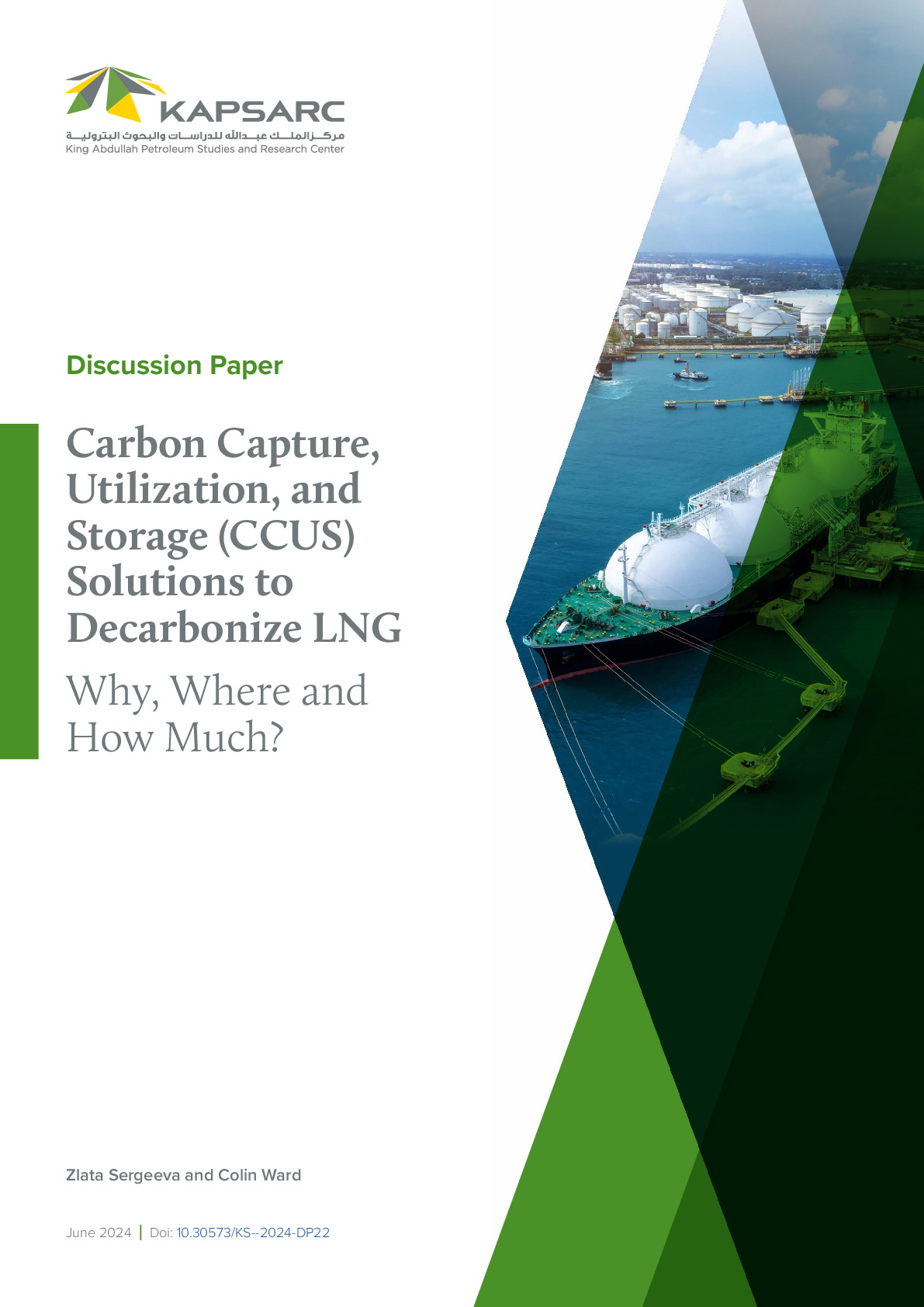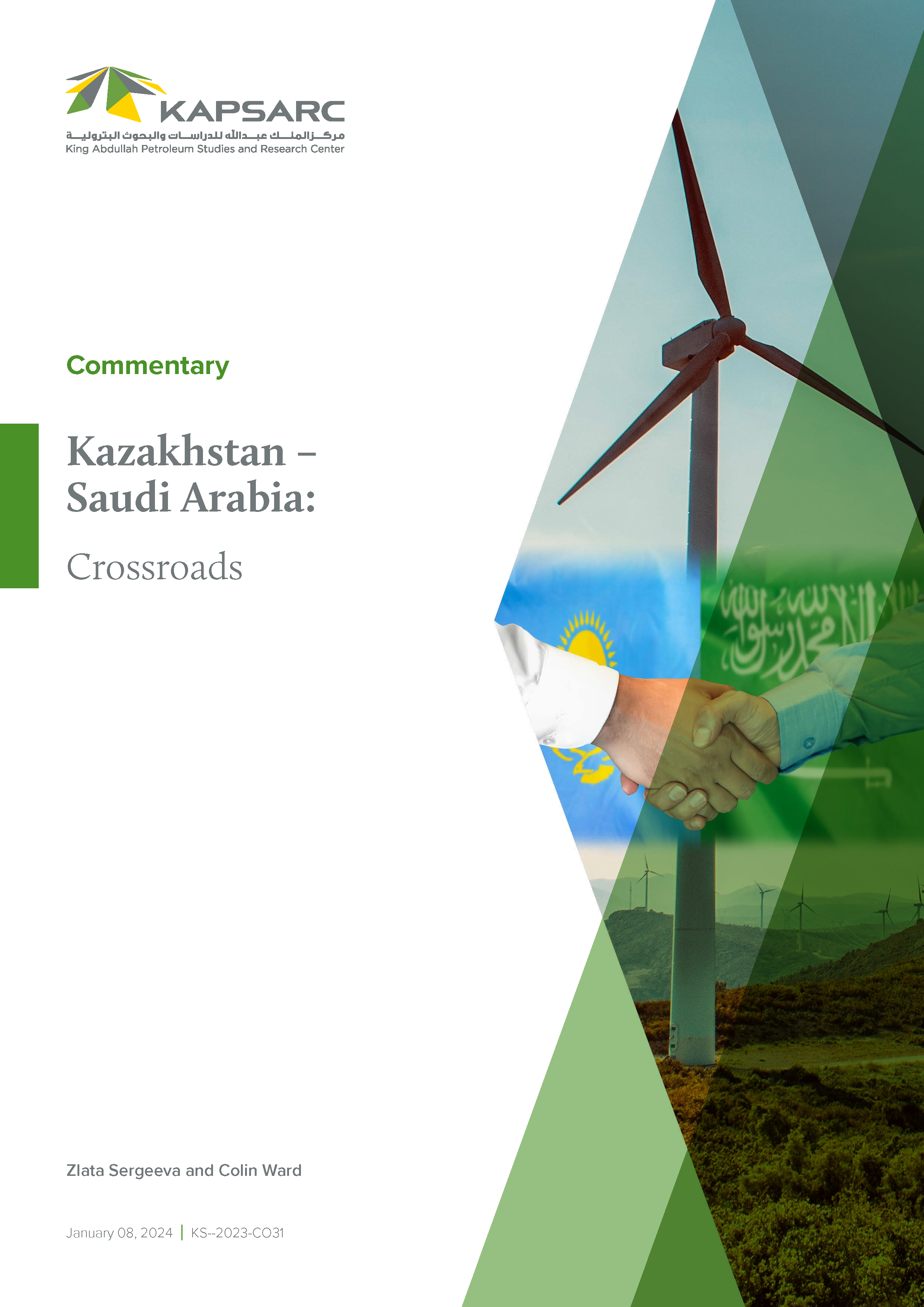The European energy crisis started in the second half of 2021 and was aggravated in 2022 by geopolitical tensions in Eastern Europe, explosions on the crucial Nord Stream pipelines that bring a significant portion of Russian gas to Europe and unplanned nuclear outages and low hydro levels. To overcome this crisis, European countries have been adopting different measures. They range from reintroducing coal into power generation to taking measures to decrease energy consumption and searching for alternative energy sources.

Research Associate
Zlata leads “The Future of Hydrocarbons in a Carbon-Managed World” project, aimed at estimating the consequences of international carbon regulation…
Zlata leads “The Future of Hydrocarbons in a Carbon-Managed World” project, aimed at estimating the consequences of international carbon regulation for hydrocarbon markets, with producers starting to offer carbon-neutral LNG and carbon-neutral oil cargos. Previously, Zlata worked in the Energy Center of the Skolkovo Business School, where she researched natural gas and LNG markets and organized the international Energy Summer School for several hundred participants from all over the world. Later, she joined the Business Strategy Department in NOVATEK, Russia’s leading independent gas producer, where her main focus was on strategic forecasting and international cooperation in LNG, hydrogen and CCUS. Since 2020, Zlata has also been a member of the Future Energy Leaders Programme of the World Energy Council.
Expertise
- Carbon-Neutral Trade of Hydrocarbons
- LNG
- Carbon Markets
- Hydrogen
- Energy Policy
- Energy Transition in Conventional Economies
Publications See all Zlata Sergeeva’s publications

Carbon Capture, Utilization, and Storage (CCUS) Solutions to Decarbonize LNG: Why, Where and How Much?
The European energy crisis started in the second half of 2021 and was aggravated in…
1st July 2024
Kazakhstan – Saudi Arabia: Crossroads
The European energy crisis started in the second half of 2021 and was aggravated in…
9th January 2024
